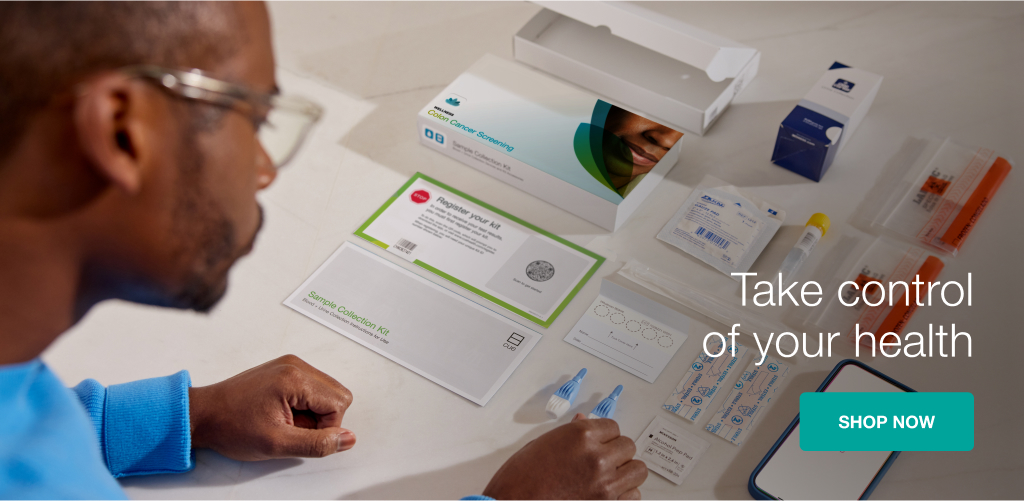A new study by the American Association for Cancer Research recently found that a startling number of people aged 20-29 are being diagnosed with late-stage colon cancer – prompting renewed calls among doctors for earlier screening. Experts are still examining what’s causing this spike in cases among young adults, but some physicians have theorized that young people are less likely to consider colon cancer as a potential diagnosis because preventative screening isn’t typically recommended until age 45. This could delay diagnosis in young people, increasing the likelihood of advanced-stage cancer.

Moving forward, young people concerned about their susceptibility to these types of cancers should educate themselves on any notable warning signs and the steps needed to address them. Here’s a brief overview of what you need to know.
Signs and Symptoms of Colorectal Cancer
The most common physical symptoms associated with colorectal cancer are persistent abdominal pain, rectal bleeding, a change in bowel habits, weight loss and unexpected weakness. While our risk increases as we age, other notable variables may play a role in a person’s likelihood of contracting this form of cancer, including (but not limited to) diet, exercise and smoking.
Unfortunately, because colorectal cancer has historically been associated with older adults, younger patients are more likely to write these signs off as less-serious conditions. Accordingly, if you experience any of the above symptoms – especially for an extended period of time – be sure to ask your gastroenterologist about definitively ruling out colorectal cancer.
The Importance of Testing for Colorectal Cancer
Thankfully, patients with troubling gastrointestinal symptoms don’t need to immediately schedule costly and invasive diagnostic procedures such as a colonoscopy. In fact, a fecal immunochemical test (FIT) is often the best first step for getting diagnosed with or ruling out colorectal cancer. This test is conducted by detecting blood in the stool and, consequently, the digestive tract – which is a symptom of colorectal cancer that often goes undetected.
For adults both young and old, getting a FIT can be incredibly beneficial in spotting precancerous polyps or, worse, more advanced stages of colorectal cancer. Should you receive a positive test result, you should then work with your doctor to schedule a follow-up colonoscopy, which is a necessary step toward a correct diagnosis.
It’s Time for Young Adults to Take Charge of Their Health
Of course, for many people, getting an intestinal exam and discussing their bowel habits in-person can be an uncomfortable process – even with a trained medical professional. The good news is that there are virtual care and at-home testing options, such as Cue® Health’s new Fecal Immunochemical Test (FIT), that can put people at ease – at least in the early diagnostic stages. By understanding the warning signs and taking preventative steps to catch red flags before they progress, young adults can take the power of testing into their own hands and improve their digestive health in the process.
This information is presented in summary form, general in nature, and for informational purposes only. Content is not intended nor recommended to substitute for professional medical advice. For personal medical advice, always consult your doctor or other qualified healthcare professional. The tests offered are subject to change and subject to availability. Due to state restrictions, this Cue Product is not available for individuals located in the state of New York. Other state restrictions may apply for specific tests. Please refer to our support page for detailed product terms and conditions.
References:
- https://aacrjournals.org/cebp/article/31/2/334/678485/Shifts-in-the-Proportion-of-Distant-Stage-Early
- https://abcnews.go.com/Health/young-people-colon-cancer-high-rates-doctors-highlight/story?id=82468484
- https://www.cdc.gov/cancer/colorectal/basic_info/risk_factors.htm
- https://www.ccalliance.org/screening-prevention/screening-methods/fecal-immunochemical-test



